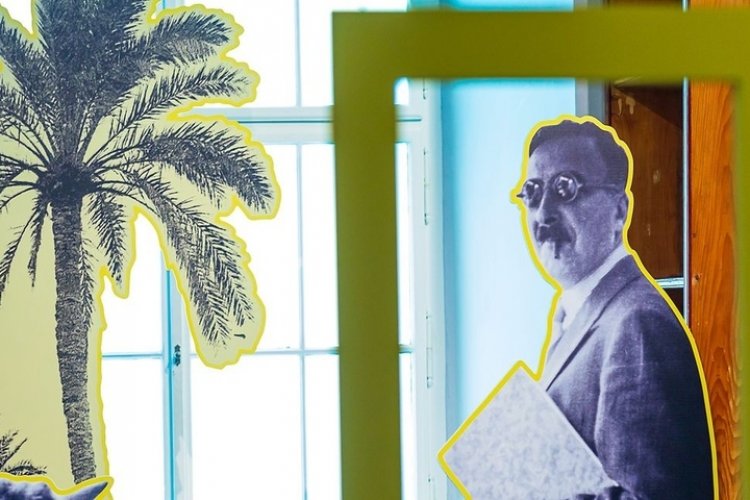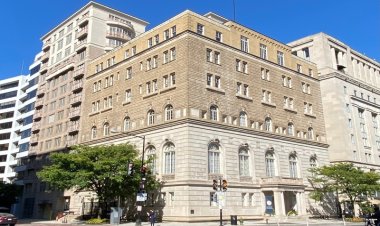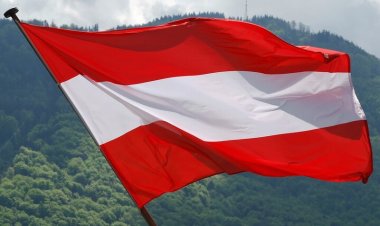Remembering an European - Stefan Zweig

I am nowhere at home and don't belong anywhere. I am just a guest.
In the Literature Museum of Vienna, an exciting exhibition presents the life and oeuvre of the Vienna borne Stefan Zweig (1881-1942), the best known Austrian author.
His vast and diverse lifework includes poetry, articles, essays, short stories and novels, biographies and travel books and diaries which all are looking for possible interpretations of the historical events or explanations of the acts of some high profile historical figures. Many of the author's books are on the shelves of the exhibition and is possible to look into them and even pick some favourite quotes and write down on slips of paper. One of the favourites books is the Decisive Moments of the History (Sternstunde der Menschheit, 1927). The essays of this volume cover extraordinary moments of history - e.g. the siege of Bizanc or the battle of Waterloo - or individuals with exceptional historical roles, e.g. Lenin.
The walls are covered in Zweig citations, assuring the communication with the author and delivering his wisdom to posteriority. His empathetic, passionate writings gave the basis for the script of many well known, famous movies, such as Fouche, Marie Antoinette, Mary Stuart or the adventurous life of Magellan, and we find out that even some Japanese cartoons are inspired by his writings. Photos, audio recordings and movies, prints and posters are guiding the visitor through the eventful life of the author. In a movie, for example, we see Zweig participating in Leo Tolstoj's birth centenary in the Sovjet Union in 1928.
Stefan Zweig was so impressed with the world, with travels, even with the technical discoveries of his times. Being a pacifist during the first World War he left his home country for Switzerland and in the second, after a stay in England he left for the US than in South America. Stefan Zweig and his wife, Charlotte Altmann, died together on the 23d of February 1942 in Petropolis, Brazil.
Original: Ádám Ágnes - Emlékezés egy európaira (extract)





















